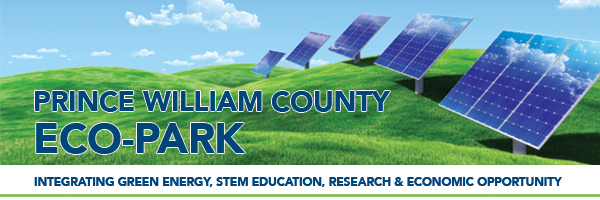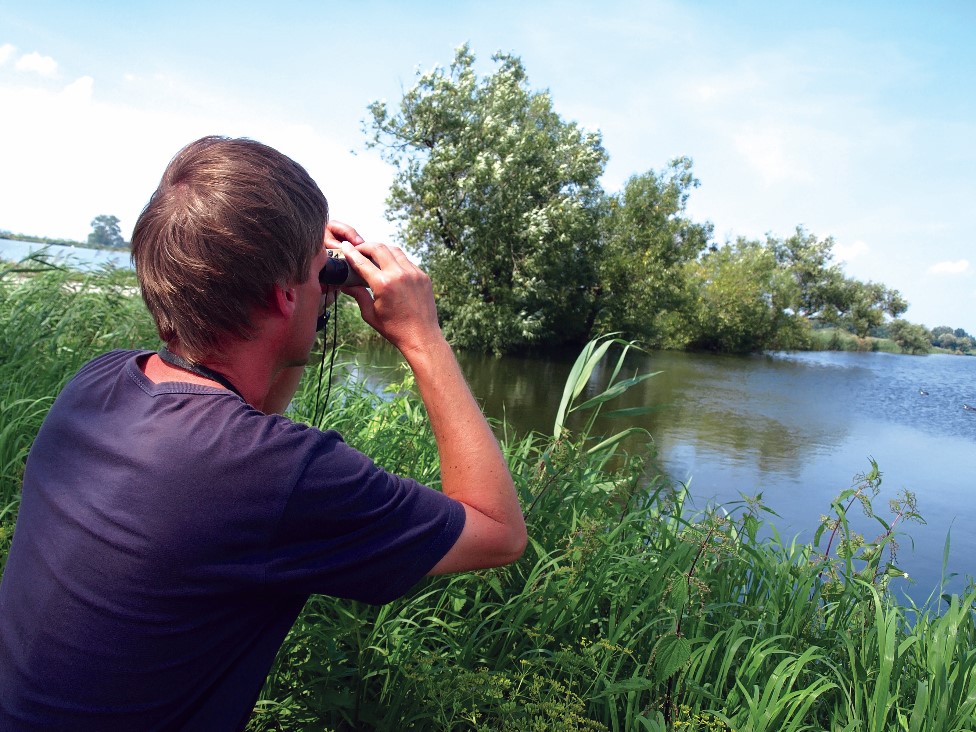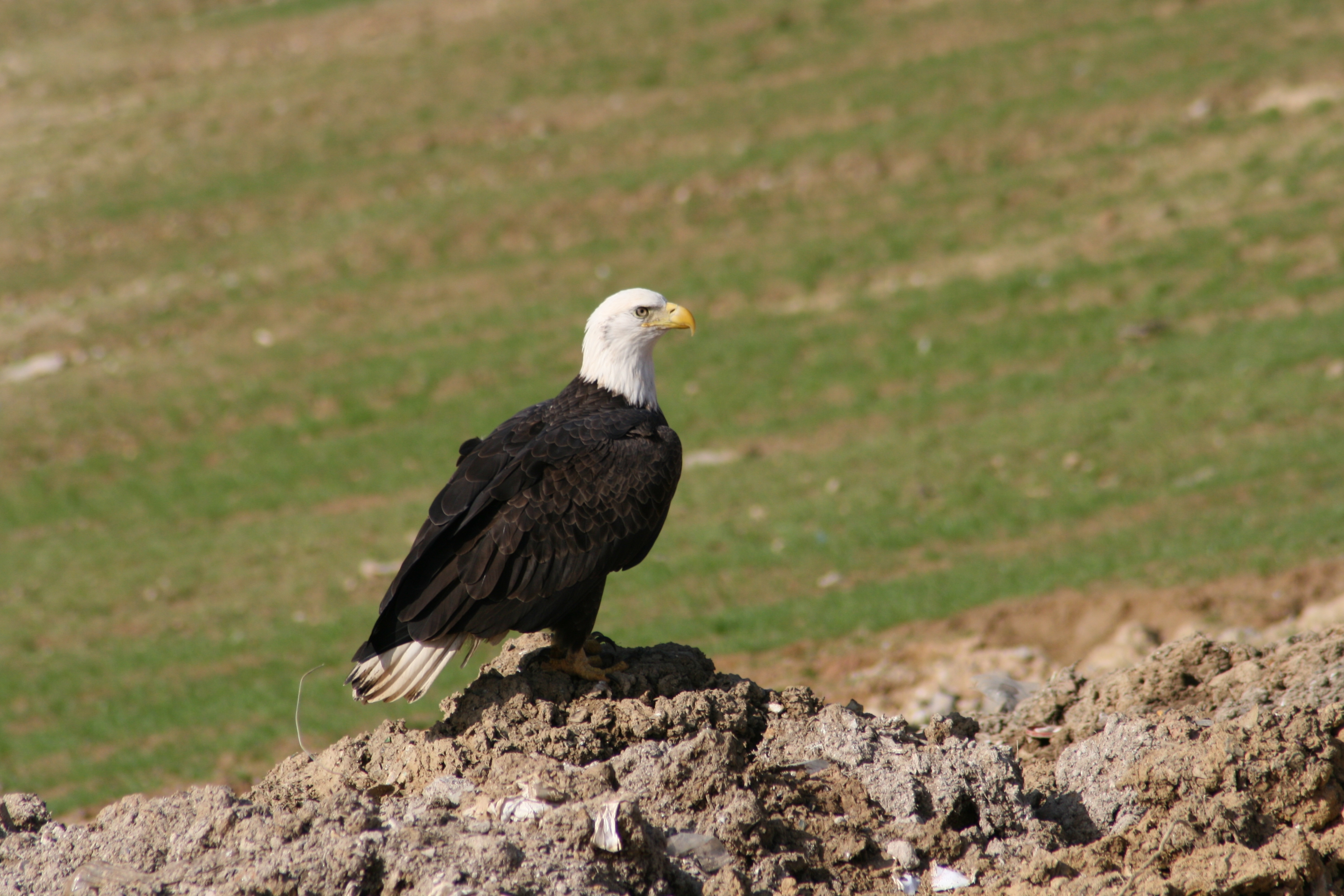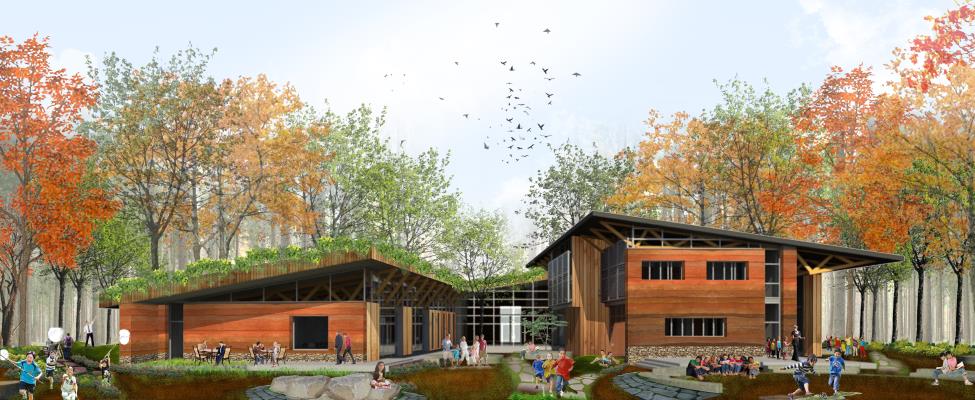Eco-Park
|
Prince William County is transforming its award winning landfill into a community resource by producing energy, recovering valuable materials and providing unique opportunities for education. *in development |
| ENERGY & RECOVERY TECHNOLOGIES | COMMUNITY BENEFITS |
|---|---|
|
6.8 MW landfill gas |
|
| Solar energy generation* | Solar photovoltaic panels on capped sections generate electricity for on-site County facilities* |
| Recycling facilities | More than 52,000 tons of plastics, paper, electronics, metal, batteries, automotive fluids and household items kept out of the landfill in 2015. |
| Composting facilities |
|
|
The Eco-Park includes 383 acre forested buffer, containing old growth trees and multiple streams. White tailed deer, red foxes, wild turkeys, salamanders, and numerous woodland bird species have been observed. Trails within the buffer for environmental education are available for school use and for designated programs only.
|
|
| OUTDOOR RESOURCES | COMMUNITY BENEFITS | |||
|---|---|---|---|---|
| Athletic fields | Football and lacrosse fields for youth and adult sports | |||
| Protected pollinator and wildlife habitats | Woodland trails through the 383-acre buffer area provide outdoor learning opportunities for students | |||
| Bird watching | Greatest concentration of bald eagles in the County as reported in annual Christmas Bird Count | |||
| Bee and Pollinator Meadow | Promote native plant species, native bees, honeybees and other pollinators. | |||
| Wetlands and streams | Acres of wetlands constructed and planted, protecting water quality downstream* | |||
| Field investigations | Hands-on opportunities for kindergarten - 12th grade and university researchers | |||
|
The Eco-Park includes plans for an interpretive science-technology-engineering-math (STEM) Education Center that will empower students to solve today's environmental challenges through hands-on activities and onsite investigations. Collaborations with universities will advance energy generation and waste management research. Community members and visitors will discover ways to reduce their impact on the environment, save money, and live a more sustainable life.
 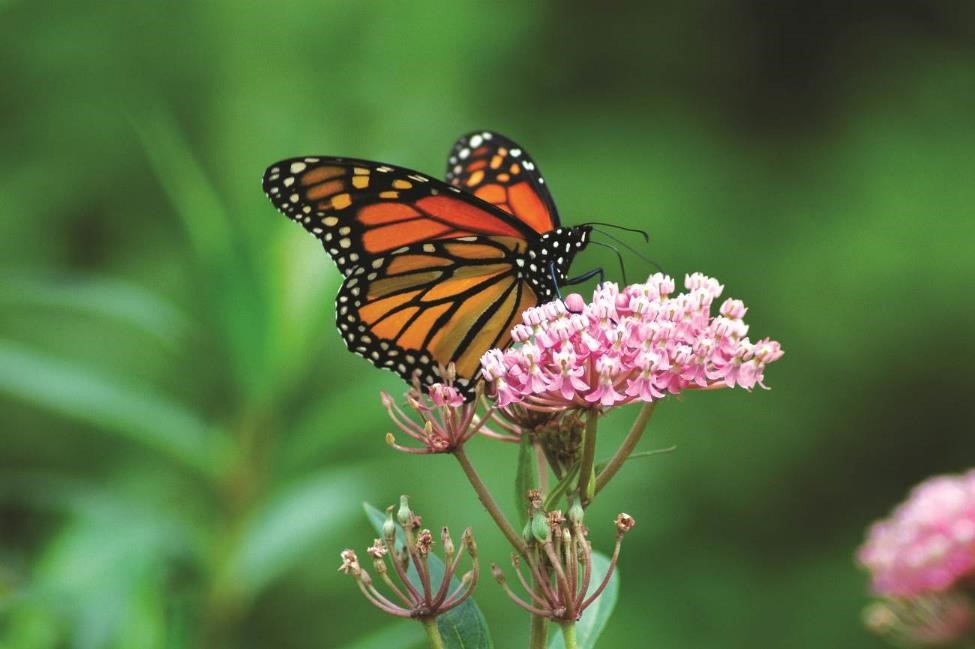 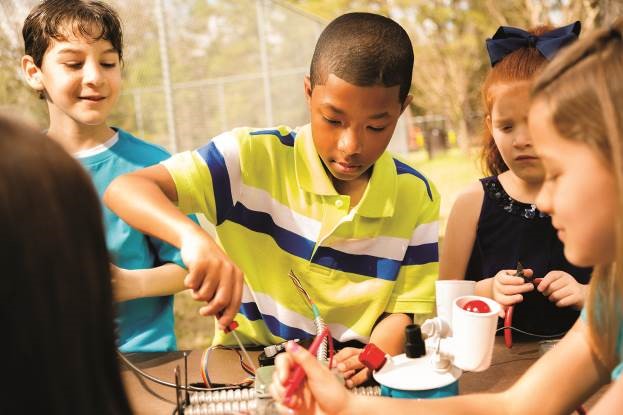 |
||||
| EDUCATION & RESEARCH CENTER* | COMMUNITY BENEFITS |
|---|---|
| STEM Education Center* | Visitors discover ways to reduce their environmental impact, save money, and live a more sustainable life |
| University partnerships | VA Tech School of Architecture & Design and George Mason's Potomac Environmental Research & Education Center are collaborating on building design, programming and research. Researchers welcome. |
| Unique programming* | Focus on renewable energy, environmental economics, landfill technology, storm water management |
| Innovative exhibits* | Focus on green building, energy efficiency and sustainable living |
| Office & meeting spaces* | High tech learning spaces, outdoor classrooms and laboratories, county offices |
| "Living Machine"* | Uses living plants and beneficial microorganisms to turn wastewater into clean water |
| Material reuse* | Building construction incorporates onsite, and repurposed materials, decreasing environmental footprint |
| Bus Tours | Visitors tour Eco Park resources, learning how PWC is transforming the landfill |
See these informational resources to find out more about this exciting project.
Eco-Park Stakeholders Presentation
(given by Tom Smith on January 28, 2015)

